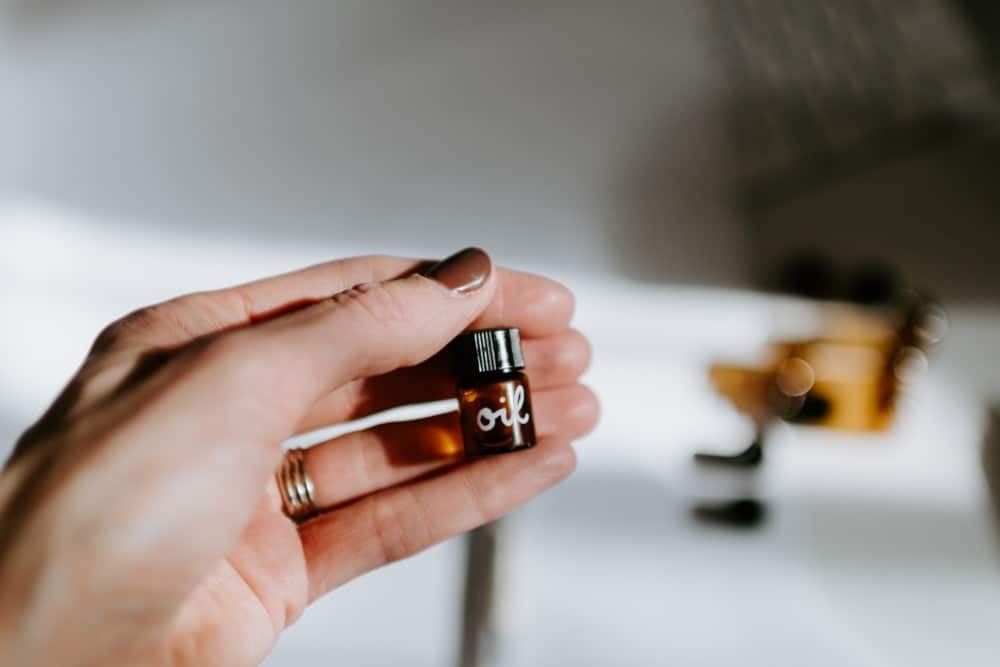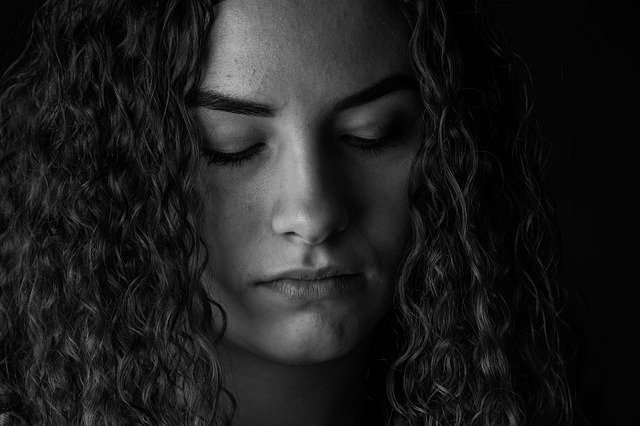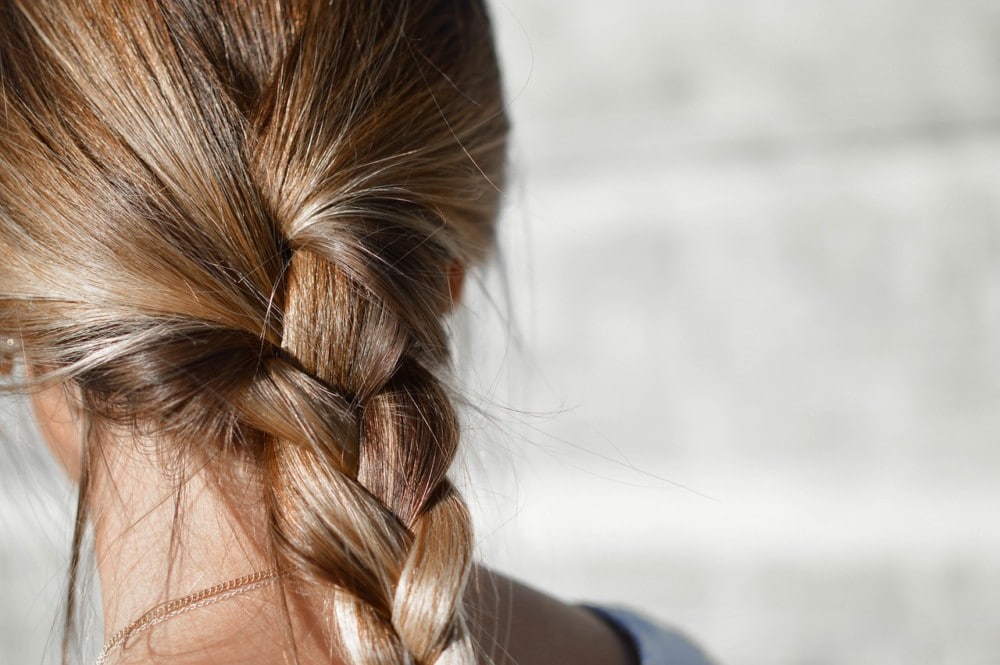If hair loss and thinning is your problem, is it a good decision to consult a dermatologist? Hair care experts say yes. By visiting an experienced and qualified dermatologist, you can get an accurate diagnosis of the cause of your hair loss and an appropriate treatment plan can be drawn up based on the diagnosis.
A large percentage of women and quite a few and a growing number of men believe that their hair is the most important element of their personality and can make or break their looks. Undoubtedly, a well-maintained mane can be a great confidence-booster. If you feel that your hair is an attention-grabber, and if it is thinning, you need to act fast.
Why Seeing A Dermatologist Can Be The Right Thing To Do
Consulting a dermatologist can be a good move because that a lot of patients visit them to discuss their hair problems such as hair loss and thinning. Apparently, hair scalp is skin too and nearly all hair-related problems begin with an unhealthy scalp.
If you have some queries about hair loss in general, your dermatologist is best-equipped to provide the right answers and improve your awareness about this condition.
A dermatologist is trained to accurately diagnose conditions that affect our skin, hair, and nails. An experienced skin specialist knows how to reach the root of your hair problem. In most cases, they can stop hair loss successfully.
What Is The Evaluation Process Followed By Dermatologists
Dermatologists who specialize in treating hair loss and thinning begin by following a well-established and systematic process:
- It begins with evaluating your hair problem. That involves gathering information about your diet, medications, family history of hair loss, and recent illness, if any
- The dermatologist will also try to know about your hair care regimen.
- In women, the effects of any hormonal changes will be evaluated by asking questions about menstrual cycles, pregnancy, and menopause.
A detailed study of the hair and scalp is done in the lab under the microscope. In some cases, the dermatologist may ask for a blood test or a scalp biopsy to arrive at a more accurate diagnosis. The findings of these tests will help the dermatologist determine the real cause of hair loss and thinning. They will also be able to choose the best possible solution after testing if your scalp will respond to that treatment or not.
The Precautions You Are Advised to Follow
There are some basic, commonsense precautions that your dermatologist will advise you to follow while undergoing the treatment.
- Hair should be washed and handled gently as thinning hair is fragile and get damaged easily
- Do not use shampoos and conditioners that contain sulfates and harmful chemicals
- Use a wide-toothed comb to detangle hair after washing and every time you comb hair for styling needs
- As far as possible, avoid using curling irons, flat irons, and all such styling tools that have the potential of damaging hair
- Use a microfiber cloth to dry hair instead of the more harmful blow dryer
Leanne Richardson
Leanne Richardson loves writing about hair because she believes that a head full of great-looking hair is a thing of joy and beauty. Her expert and practical advice come from her wide exposure to the field of hair care from an early age.






















